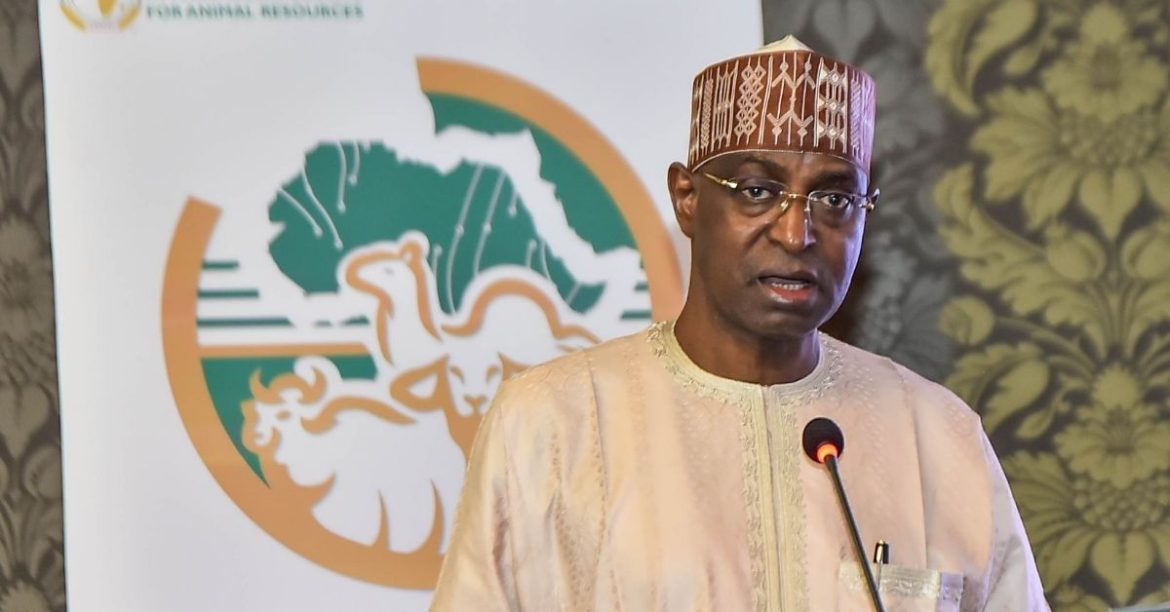549
By Daniel Adaji
The Federal Government has taken steps to relocate cattle from the Abuja city centre into designated grazing reserves.
To facilitate this, the Minister of Livestock Development, Idi Maiha, on Saturday unveiled new facilities at the Kawu Grazing Reserve in the Federal Capital Territory.
Speaking at the commissioning of a borehole project, Maiha said the initiative marked the translation of President Bola Ahmed Tinubu’s Renewed Hope Agenda into “practical reality.”
He noted that recent consultations with livestock stakeholders, under the leadership of the Sultan of Sokoto, had secured commitments for the relocation.
“They gave us a commitment that they are ready to abide by any relocation measure to remove all the cattle roaming the Abuja cities today into the grazing reserves,” the minister said. “Today we have come with a bag full of commitments, dedication and passion.”
Maiha explained that the 9,000-hectare Kawu reserve already hosts about 30,000 cattle and more than 10,000 people. He announced plans to provide multiple boreholes, pasture cultivation, solar power, schools, primary healthcare, and veterinary clinics in the area. “We are saying that this grazing reserve is going to come alive,” he said.
On infrastructure, the minister revealed that discussions were ongoing with the Federal Capital Territory Administration and the World Bank’s Rural Access and Mobility Project to rehabilitate a 15-kilometre access road and create internal road networks.
He also emphasised the need for security presence to support the expected influx of livestock.
Maiha said the government was determined to develop all 417 grazing reserves nationwide. “With all these improvement projects, we are going to create Renewed Hope livestock villages all over the country,” he stated.
Sanusi Abubakar, National Project Coordinator of the World Bank-supported Livestock Productivity and Resilience Support Project (L-PRES), underscored the role of the initiative in addressing conflicts.
“We are coming with a lot of activities to do with provision of water, pasture, and animal health. Pasture and water are the main drivers of conflict, and if we get it right, I believe we reduce the conflict in a very big way,” he said.
Senior Special Assistant to the President on Livestock, Idris Ajimobi, disclosed that the 2024 budget had earmarked N13 billion for livestock interventions, complemented by international partnerships.
He described the Kawu project as a pilot that would be replicated across other reserves. “The aim is once this pilot is complete, we can then go to other states and try and scale up there,” Ajimobi explained.
Olamide Fagbuji, Senior Special Assistant to the President on Climate Technology and Operations, stressed the importance of sustainability.
“Livestock is one of the key contributors to greenhouse gases. To expand livestock infrastructure, we have to do this more sustainably,” he said, adding that clean energy and climate-smart technologies would power the reserve.



